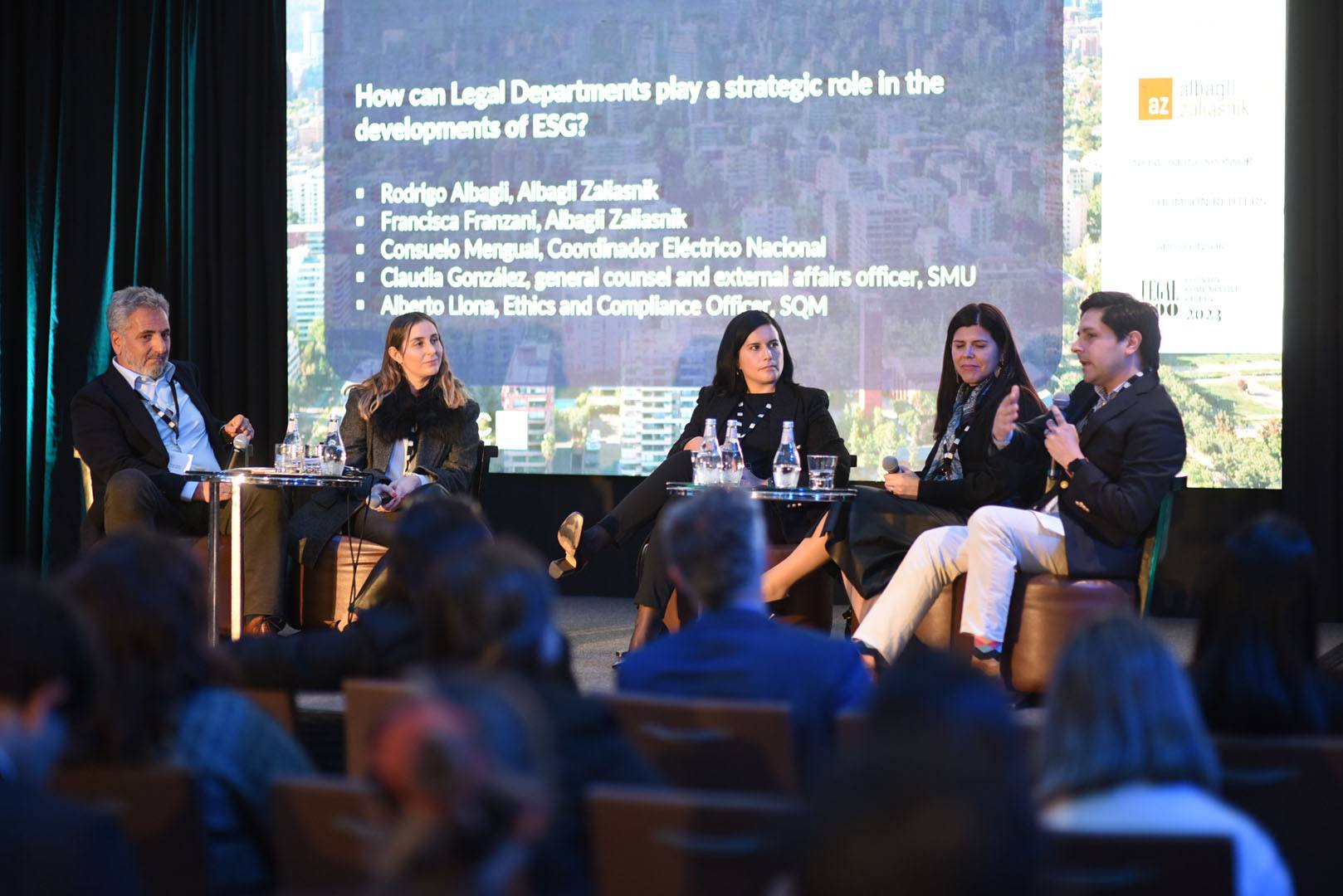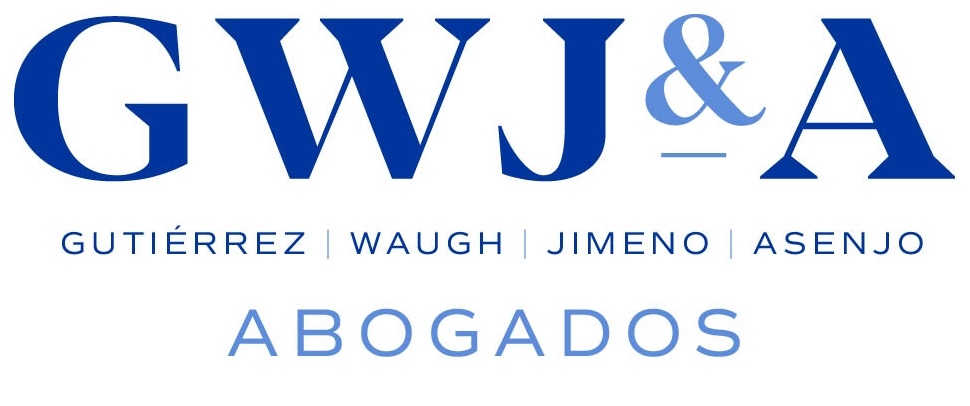Event Report
After last year’s success, The Legal 500 returned to Santiago to host, once again, the GC Summit Chile at the Renaissance Santiago Hotel, on Tuesday June 6th. Despite legislative uncertainty growing among executives and legal counsel, that didn’t jeopardise the enthusiasm of the about 100 GCs present in the room, eager to hear more about the most current topics and greatest challenges that in-house lawyers face in Chile.
With an afternoon packed with sessions, after a light lunch and brief conversations, the event began with an introductory address and welcome remarks from Francisco Castro, The Legal 500’s GC Powerlist series research analyst, who set the tone for the proceedings.
Following, the event moved straight to the first panel session of the afternoon, where Fischer y Cía led a discussion titled ‘What comes next: New Tax bills in process’, with Alex Fischer, partner at the firm, moderating an incredible conversation with Gonzalo Sanhueza, partner of the financial consultancy group, Econsult, and with Ambassador Francisco Saffie Gatica. The session focused on examining the range of proposals put forward by the Chilean government, in response to the Tax Reform Bill’s rejection in Congress, earlier this year. Speakers analysed the present dialogues between government and various key groups and stakeholders to reach a consensus that would enable the bill to successfully navigate through Congress, examined the key results arising from these discussions and evaluated their impact on businesses. Francisco Saffie Gatica, joining us from Paris via Zoom, current technical secretary of the ‘tax dialogues’, provided an exclusive account of the government’s current strategy on the new tax reform, long awaited by those attending the event.
Our second panel, a two-topic discussion organised by Gutiérrez, Waugh, Jimeno & Asenjo, and titled ‘New challenges in arbitration and in class actions under consumers protection laws’, addressed, firstly, the issue of how the many branches of diversity have a significant impact throughout the entire arbitral procedure, spanning from the inception of the dispute to the selection of arbitrators and the eventual rendering of the arbitral award. Secondly, the discussion moved on to addressing the question related to the mechanisms by which a provider of goods or services can validly obtain the consent of its consumers for the purpose of modifying the original terms and conditions under which those goods or services were initially purchased or hired. The session was moderated by Cristóbal Jimeno Chadwick and Alfredo Waugh Correa, partners at Gutiérrez, Waugh, Jimeno & Asenjo, and included two illustrious guest speakers in Macarena Letelier Velasco, executive director of the Santiago Arbitration and Mediation Center and Dafne González, legal affairs manager at the multinational chain Falabella.
After a brief coffee break, where everyone took the change to exchange a few impressions and ideas on the previous discussions, attendees reconvened for the third panel titled ‘Amendments to the law on the protection of consumer rights in relation to e-commerce and personal data’, where Giovanni Donati, partner at Magliona Abogados, was joined on stage by guest speakers Andrés Herrera, national director of SERNAC, Andrés Madariaga, senior in-house laywer at Latin American fashion tech giant, Dafiti and Margarita Maria Walker, compliance officer at Entel. During this session, were discussed the latest amendments to consumer rights protection legislation on e-commerce and personal data protection. On e-
commerce, our speakers focused on the new information requirements established for companies that offer goods through their own platforms, as well as those of third parties. Additionally, representing the Servicio National del Consumidor, Andrés Herrera explained the functions conferred to the organisation, regarding the processing of personal data of consumers, that takes place within the framework of a consumer relationship. To conclude the session, panellists addressed what challenges on compliance, created by these new requirements, implies for suppliers, as well as the authority’s guidelines on these issues.
Our final panel of the afternoon concerned one of the fastest growing legal topics at the moment, worldwide – ESG. Albagli Zaliasnik, represented on stage by its compliance director, Francisca Franzani and managing partner Rodrigo Albagli, moderated a remarkable conversation with guest speakers Consuelo Mengual, legal director at Coordinador Eléctrico Nacional, Claudia González, general counsel at SMU and Alberto Llona, ethics and compliance officer at SQM. This session was titled ‘How can Legal Departments play a strategic role in the developments of ESG?’ and focused on how the importance of adopting of ESG, and how companies are facing a relevant demand on acting with responsibility and sustainability, both requirements from investors and customers. Throughout the session, our guest speakers shared their experiences and insight on implementing ESG initiatives and solution within their companies, and how that has changed their executive strategy, to comply with responsible and sustainable norms, but also adapting their identity to the change of times.
The afternoon concluded on a high note with a delightful networking session accompanied by refreshing drinks and canapes. It provided an opportunity for attendees to further engage in informative discussions and foster connections in a relaxed and enjoyable atmosphere. As The Legal 500 eagerly anticipates its return to Santiago for the launch of the GC Powerlist: Chile 2023, on August 30th, we express our heartfelt gratitude to our esteemed sponsor firms: Fischer y Cía, Gutiérrez, Waugh, Jimeno & Asenjo, Magliona Abogados, Albagli Zaliasnik, as well as our networking partner, Thomson Reuters. We extend our sincere appreciation to all the attendees whose presence contributed to the resounding success of the event, and we hope this gets across just how seriously The Legal 500 takes its commitment to the Chilean legal community.





